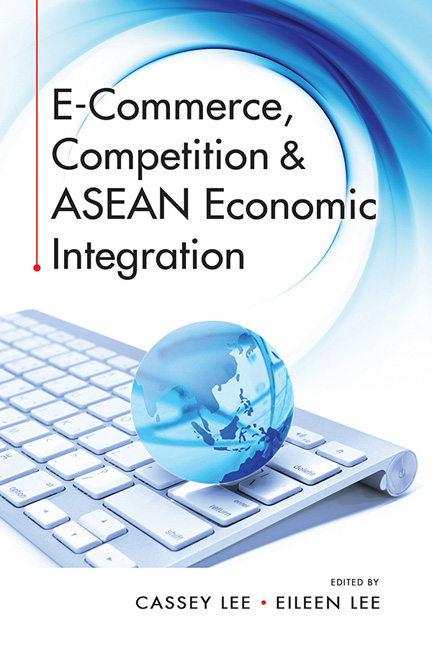3 - E-commerce and Competition Law: How Does Competition Assessment Change with E-commerce?
from PART II
Published online by Cambridge University Press: 31 January 2020
Summary
Introduction
E-commerce has garnered considerable attention from competition authorities, given that there are a growing number of competition cases related to digital commerce in recent years. For instance, the US Department of Justice prosecuted David Topkins, an art seller on Amazon Marketplace, for price fixing. Topkins conspired with other sellers to fix the prices of posters using customized algorithms between September 2013 and January 2014 (United States Department of Justice 2015). Most Favoured Nation (MFN) clauses have also been the subject of investigations by the European Union DG Competition (EU DG COMP) and national competition authorities in EU member states.
Given that competition authorities are in the business of regulating business behaviour, how does e-commerce activities impact competition assessment? In this chapter, we consider the impact of e-commerce on two fundamental steps of competition assessment:
a. Market definition; and
b. Market power.
Market definition is typically the first step of competition assessment as it provides a framework for analysis through identifying the competitive constraints acting on a seller of a product or service. It can be thought of as a “quick and dirty” tool to determine if a seller is likely to have market power.
Competition law essentially “regulate” business behaviour that hampers market competition. It is primarily concerned about whether the exercise of market power by business entities leads to any adverse impact on competition. In an abuse of dominance case, it is clear that the abuse of market power by a dominant undertaking perpetuates its market position in ways unrelated to competitive merits. Competitors acting in concert e.g. in price-fixing or production control cartels create and abuse market power. Merger control, on the other hand, is concerned from the ex-ante perspective, i.e., whether the merged entity has the market power to increase prices unilaterally, leading to non-coordinated effects in a horizontal merger situation, or foreclosure of competitors in the supply chain in a vertical merger situation.
Drawing from the findings on consumer and business behaviour from the EU DG COMP's preliminary e-commerce sector study report and the Competition Commission of Singapore's (CCS) commissioned report on E-commerce and its Impact on Competition Policy and Law in Singapore, we study how these findings impact these two fundamental steps of competition assessment.
- Type
- Chapter
- Information
- E-Commerce, Competition and ASEAN Economic Integration , pp. 33 - 50Publisher: ISEAS–Yusof Ishak InstitutePrint publication year: 2019

